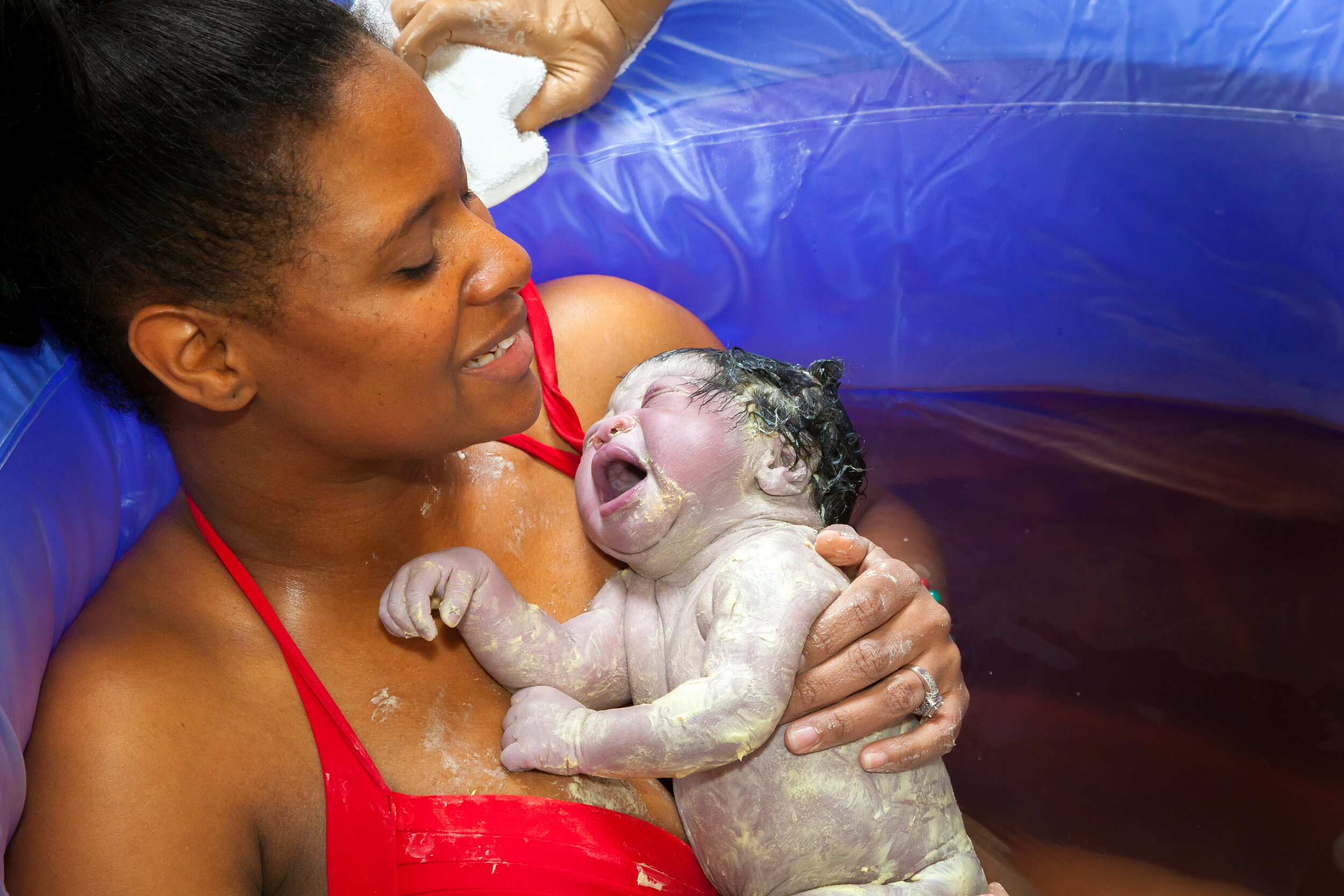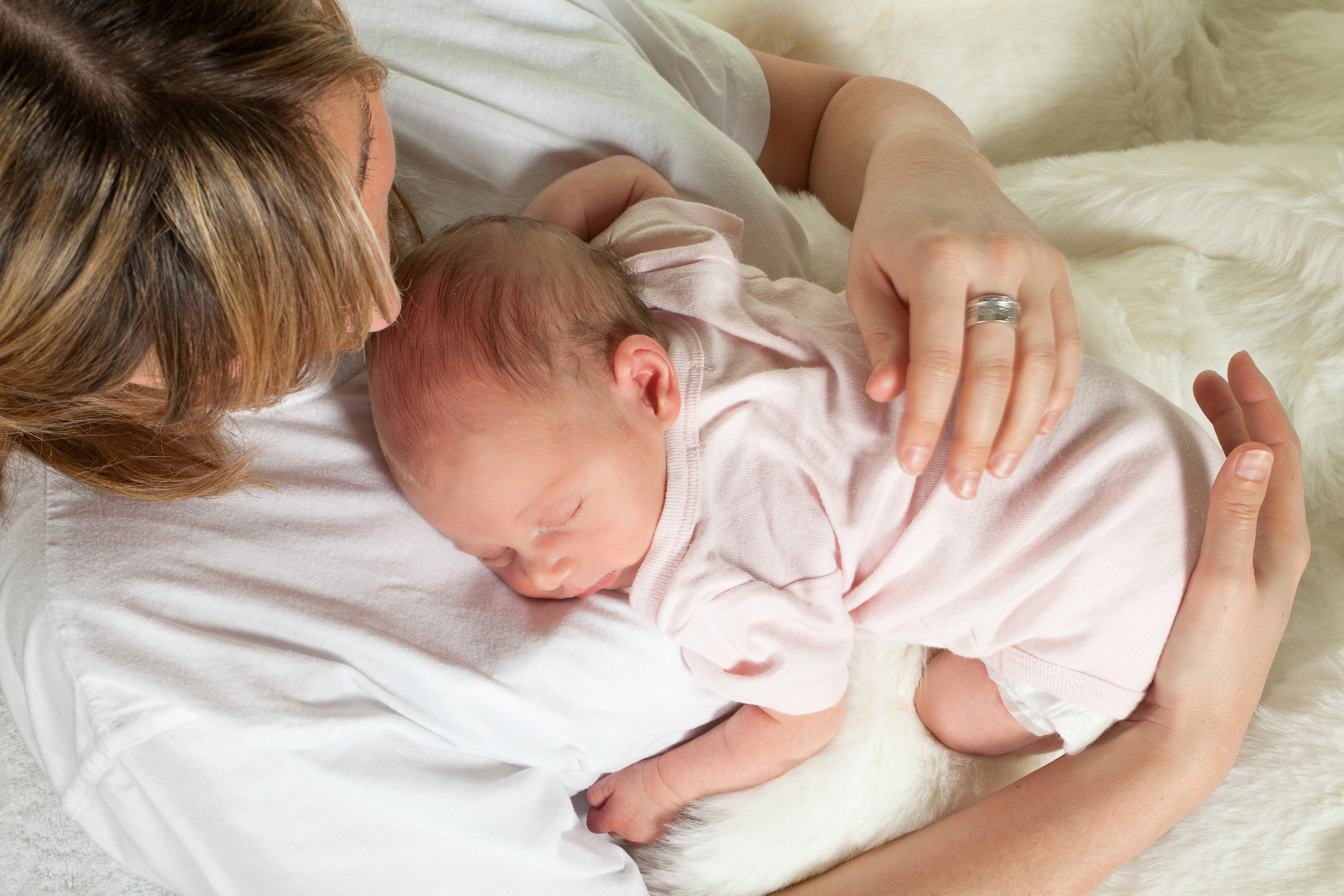Moved over:What is all that white stuff on my newborn? (Vernix)
/What is all that white yucky stuff on my baby?!
The vernix caseosa is a greasy, cheese-like coating that covers babies’ skin during their time in the womb. It may not look pretty but the vernix actually serves an important function: It protects your new baby's skin from getting pickled by amniotic fluid in utero. (you know when you're in the bath too long?)
Vernix usually develops around 19 weeks into pregnancy and continues to thicken until around week 34. By week 40, the vernix is mostly gone.
Babies born earlier tend to have more vernix than those born later. Babies born a few weeks before their due date might still be well coated. Babies born at term may only have a little bit of vernix left in the folds of their skin or under their nails. Babies born after their due date might not have any vernix left at all. Occasionally their skin might be wrinkled or peeling as a result, but don’t worry — it’s temporary! (remember the being in a bath too long reference?)
The vernix caseosa helps form a barrier between your baby’s skin and the surrounding amniotic fluid. Its main role is to protect and hydrate
It does have other benefits too:
🤰During pregnancy: The vernix can help to nourish developing gut bacteria (as your baby swallows some in utero)
❤️During labour: Vernix’s greasy, oily texture could serve as a natural lubricant as your baby makes their way down the birth canal.
👶After birth: Vernix can continue to protect your baby’s skin by helping it retain moisture and stave off bacterial infections as they adjust to our outside world
🤱Breastfeeding: Vernix help babies latch on too. The smell of vernix and amniotic fluid triggers neural connections in babies’ brain needed for breastfeeding.
🧕For Mother: Vernix contains compounds thought to promote perineal wound healing, so it may aid in recovery for vaginal births.
So try to resist the urge of washing or rubbing it off. Rub it into baby! Evidence shows delaying your baby's first bath can help with bonding, breastfeeding and protection. WHO (World Health Organisation) recommends leaving the vernix on your baby for at least six hours, and preferably 24 hours after birth. As for an upper limit? There’s no official recommendation. Many parents wait days.
Did your baby have much vernix at birth?















